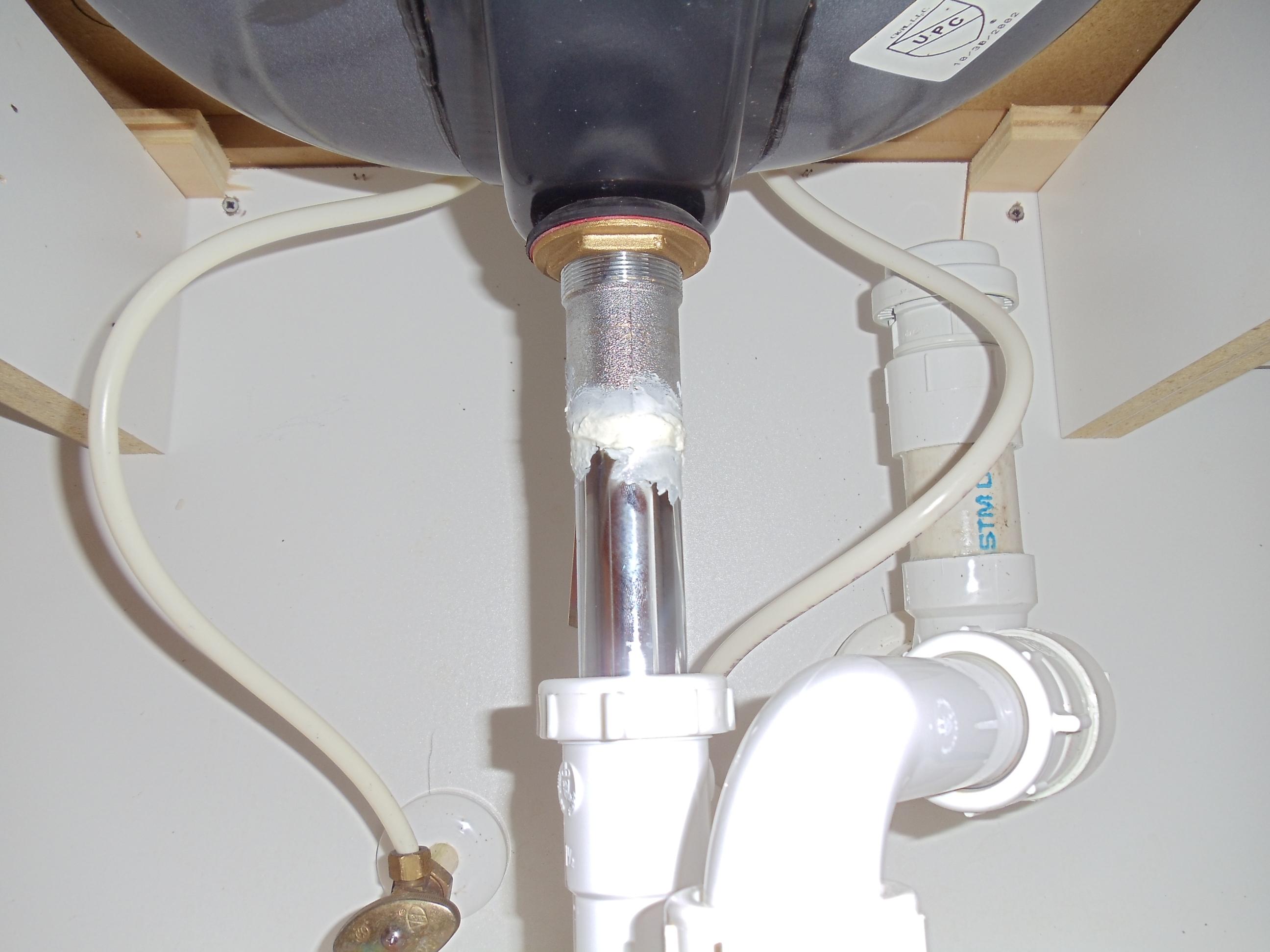If you're dealing with a kitchen sink that's not draining properly, you're not alone. This is a common issue that many homeowners face, and it can be frustrating to deal with. However, before you call a plumber and spend a lot of money, there are some steps you can take to try and unclog your kitchen sink yourself. First, try using a plunger. This can be effective if the clog is located near the surface and can be easily dislodged. Make sure there is enough water in the sink to cover the plunger, and then plunge vigorously several times. If this doesn't work, move on to the next step.Unclogging a Kitchen Sink
If plunging doesn't work, the next step is to use a homemade drain cleaner. Mix equal parts baking soda and vinegar and pour it down the drain. The mixture will create a foaming reaction that can help break up and dissolve the clog. Let it sit for about 30 minutes, then pour hot water down the drain to flush it out. If the clog is still there, you may need to manually remove it. Use a pair of pliers to reach down into the drain and pull out any visible debris. Be careful not to push the clog further down the drain.How to Fix a Slow-Draining Kitchen Sink
If your kitchen sink is still not draining properly, there may be a more serious issue at hand. It's possible that the clog is located further down in the pipes and will require more aggressive methods to clear it out. Another potential issue could be a problem with the plumbing vent. This is a pipe that allows air to escape and keeps the water flowing smoothly. If it becomes clogged or blocked, it can cause your sink to drain slowly or not at all. This is a more complicated problem and may require the help of a professional plumber.Troubleshooting a Kitchen Sink That Won't Drain
There are several reasons why your kitchen sink may be clogged. The most common culprits include food particles, grease, and soap scum. These can build up in the pipes over time and cause a blockage. It's important to be mindful of what you put down your kitchen sink to prevent clogs from happening. Avoid pouring grease or oil down the drain, and use a mesh strainer to catch food particles before they go down the drain.Common Causes of a Clogged Kitchen Sink
If you're unable to clear the clog yourself, it may be time to call in a professional. A plumber will have the tools and expertise to properly diagnose the issue and clear the clog without causing damage to your plumbing system. In some cases, a plumber may use a plumbing snake or hydro jetting to clear out the clog. These methods are more effective at reaching clogs deeper in the pipes and can help prevent future clogs from occurring.How to Clear a Clogged Kitchen Sink Drain
If you want to try some DIY solutions before calling a plumber, there are a few things you can do to help prevent clogs and keep your kitchen sink draining properly. One option is to use a mixture of hot water and dish soap to flush out your drains once a month. This can help break up any buildup before it becomes a major clog. You can also try using a mixture of hot water and salt to help clear out any grease and debris in the pipes.DIY Solutions for a Slow-Draining Kitchen Sink
It's important to pay attention to your kitchen sink's drainage to catch any issues early on. Signs that your kitchen sink drain needs to be cleaned include slow draining, gurgling sounds, and foul odors coming from the drain. If you notice any of these signs, it's important to take action as soon as possible to prevent the clog from getting worse and causing more damage to your plumbing system.Signs That Your Kitchen Sink Drain Needs to be Cleaned
The best way to deal with a clogged kitchen sink is to prevent it from happening in the first place. Here are some tips to help keep your kitchen sink draining smoothly:How to Prevent a Clogged Kitchen Sink
If you're dealing with a stubborn clog or want to prevent clogs from happening in the future, it's best to call in a professional drain cleaning service. They have the tools and expertise to properly diagnose and solve any issues with your kitchen sink drain. They can also offer advice on how to properly maintain your drains and prevent future clogs. Regular drain cleaning can help extend the lifespan of your plumbing system and save you money in the long run.Professional Drain Cleaning Services for Kitchen Sinks
If your kitchen sink drain is old or damaged, it may need to be replaced. This is a task that is best left to a professional plumber, as it involves dismantling and reinstalling parts of your plumbing system. A plumber can help you choose the right replacement drain and ensure it is installed correctly to prevent any future issues. Dealing with a kitchen sink that won't drain properly can be a frustrating experience. However, with the right knowledge and tools, you can try to unclog it yourself or call in a professional for help. By following these tips and properly maintaining your drains, you can prevent future clogs and keep your kitchen sink draining smoothly for years to come.Replacing a Kitchen Sink Drain
Kitchen Sink Townhouse Not Draining Properly: A Common Issue in House Design

The Importance of Proper Drainage in House Design
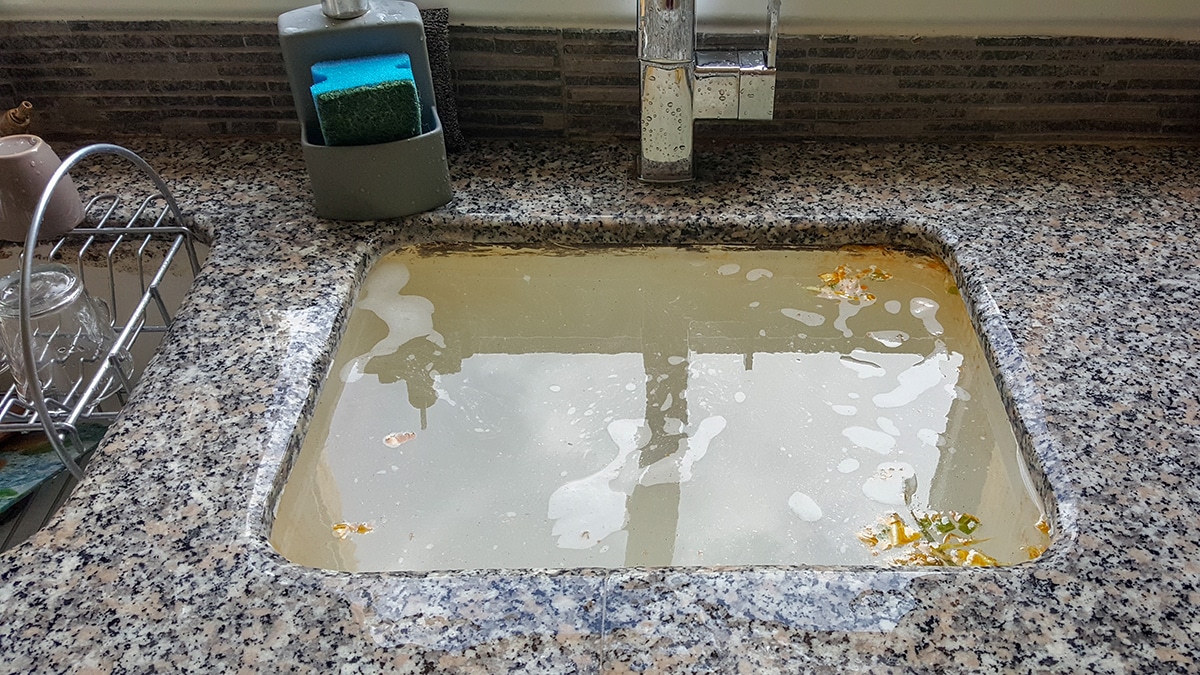 When designing a house, there are many factors to consider, such as layout, aesthetics, and functionality. However, one crucial element that is often overlooked is proper drainage. A well-designed drainage system is vital in ensuring that water is efficiently removed from your home, preventing potential damage and health hazards.
Kitchen sinks
are one of the most frequently used fixtures in any household. They are essential for washing dishes, preparing food, and maintaining proper hygiene. However, when your kitchen sink in a
townhouse
is not draining properly, it can quickly become a frustrating and potentially hazardous situation.
When designing a house, there are many factors to consider, such as layout, aesthetics, and functionality. However, one crucial element that is often overlooked is proper drainage. A well-designed drainage system is vital in ensuring that water is efficiently removed from your home, preventing potential damage and health hazards.
Kitchen sinks
are one of the most frequently used fixtures in any household. They are essential for washing dishes, preparing food, and maintaining proper hygiene. However, when your kitchen sink in a
townhouse
is not draining properly, it can quickly become a frustrating and potentially hazardous situation.
The Common Causes of Kitchen Sink Drainage Issues
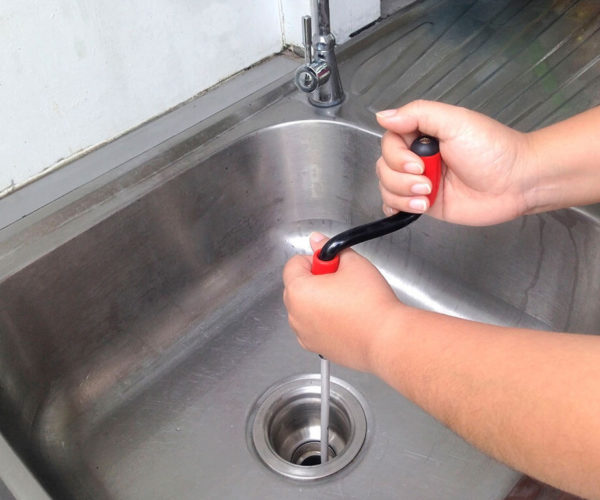 There are several reasons why your kitchen sink in a townhouse may not be draining properly. One of the most common causes is a clogged drain. Over time, food particles, grease, and other debris can build up in your pipes, obstructing the flow of water. Another culprit is a damaged or poorly installed drain pipe, which can result in leaks and blockages.
Poor house design can also contribute to drainage issues. If the slope of your
kitchen
or
house
is not properly graded, water may not flow towards the drainage system, resulting in stagnant water and potential flooding. Additionally, inadequate ventilation can cause water to back up in your pipes, leading to slow drainage and foul odors.
There are several reasons why your kitchen sink in a townhouse may not be draining properly. One of the most common causes is a clogged drain. Over time, food particles, grease, and other debris can build up in your pipes, obstructing the flow of water. Another culprit is a damaged or poorly installed drain pipe, which can result in leaks and blockages.
Poor house design can also contribute to drainage issues. If the slope of your
kitchen
or
house
is not properly graded, water may not flow towards the drainage system, resulting in stagnant water and potential flooding. Additionally, inadequate ventilation can cause water to back up in your pipes, leading to slow drainage and foul odors.
How to Address Kitchen Sink Drainage Problems
 Fortunately, there are several steps you can take to solve kitchen sink drainage issues. One solution is to regularly clean your drains using natural remedies like baking soda and vinegar or a plumber's snake. For more severe blockages, it may be necessary to seek professional plumbing services.
In terms of house design, it is crucial to ensure that your kitchen and overall drainage system are properly planned and installed. This includes having the correct slope and ventilation, as well as using high-quality materials for your pipes and fixtures. Regular maintenance and inspections can also help identify and address any potential drainage issues before they become major problems.
Kitchen sink townhouses
not draining properly is a common issue that can cause inconvenience, damage, and health hazards. By understanding the importance of proper drainage in house design and taking necessary precautions, you can ensure that your kitchen sink drains efficiently and your home remains safe and functional.
Fortunately, there are several steps you can take to solve kitchen sink drainage issues. One solution is to regularly clean your drains using natural remedies like baking soda and vinegar or a plumber's snake. For more severe blockages, it may be necessary to seek professional plumbing services.
In terms of house design, it is crucial to ensure that your kitchen and overall drainage system are properly planned and installed. This includes having the correct slope and ventilation, as well as using high-quality materials for your pipes and fixtures. Regular maintenance and inspections can also help identify and address any potential drainage issues before they become major problems.
Kitchen sink townhouses
not draining properly is a common issue that can cause inconvenience, damage, and health hazards. By understanding the importance of proper drainage in house design and taking necessary precautions, you can ensure that your kitchen sink drains efficiently and your home remains safe and functional.
/plumber-unclogging-kitchen-sink-169270382-5797a9355f9b58461f27f024.jpg)






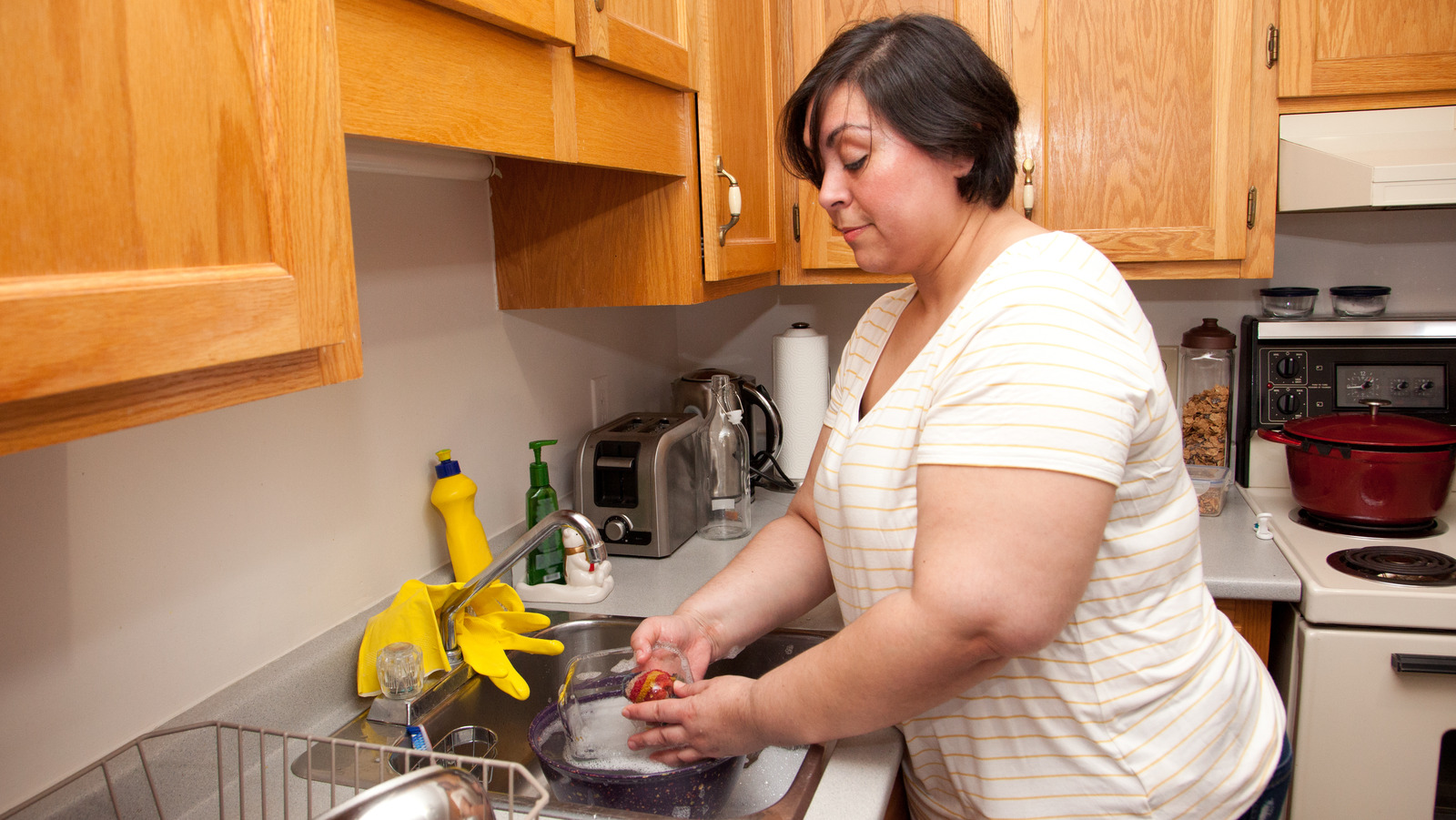
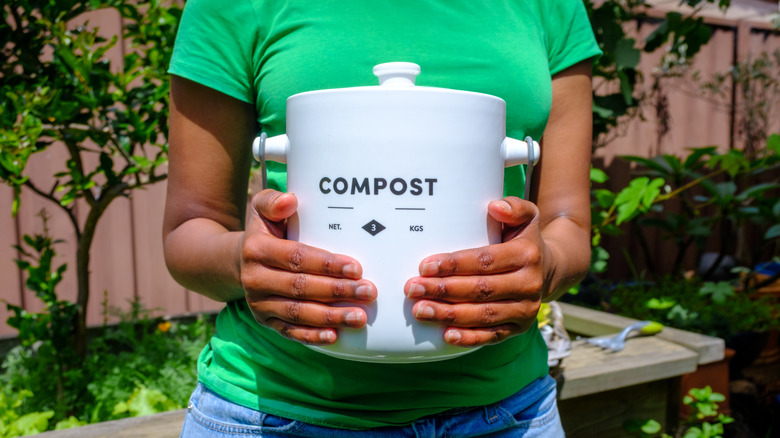
:max_bytes(150000):strip_icc()/how-to-unclog-a-kitchen-sink-2718799_sketch_FINAL-8c5caa805a69493ab22dfb537c72a1b7.png)
















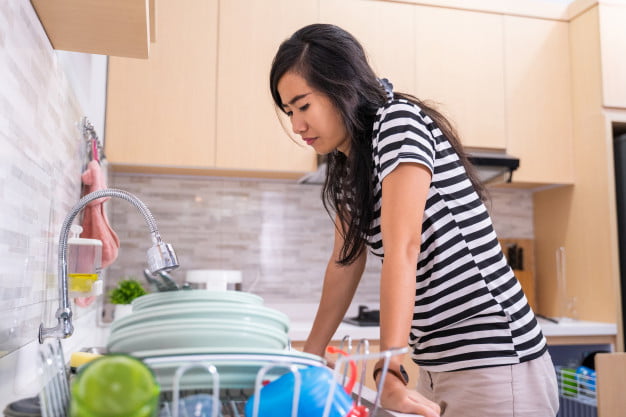
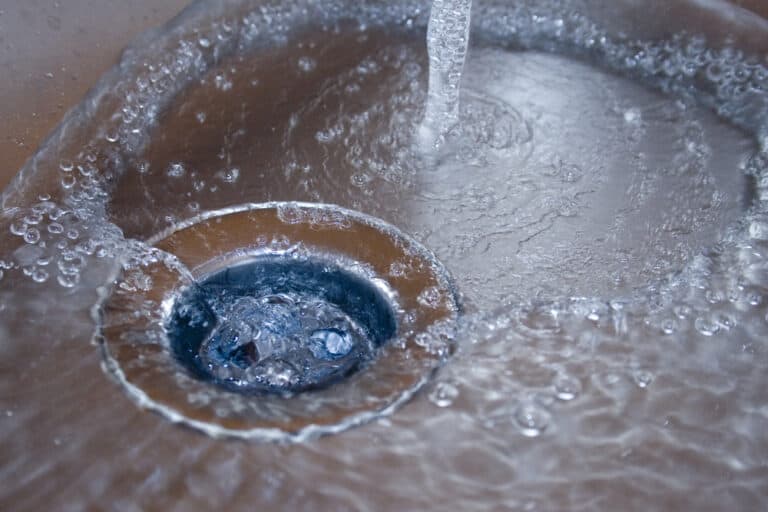
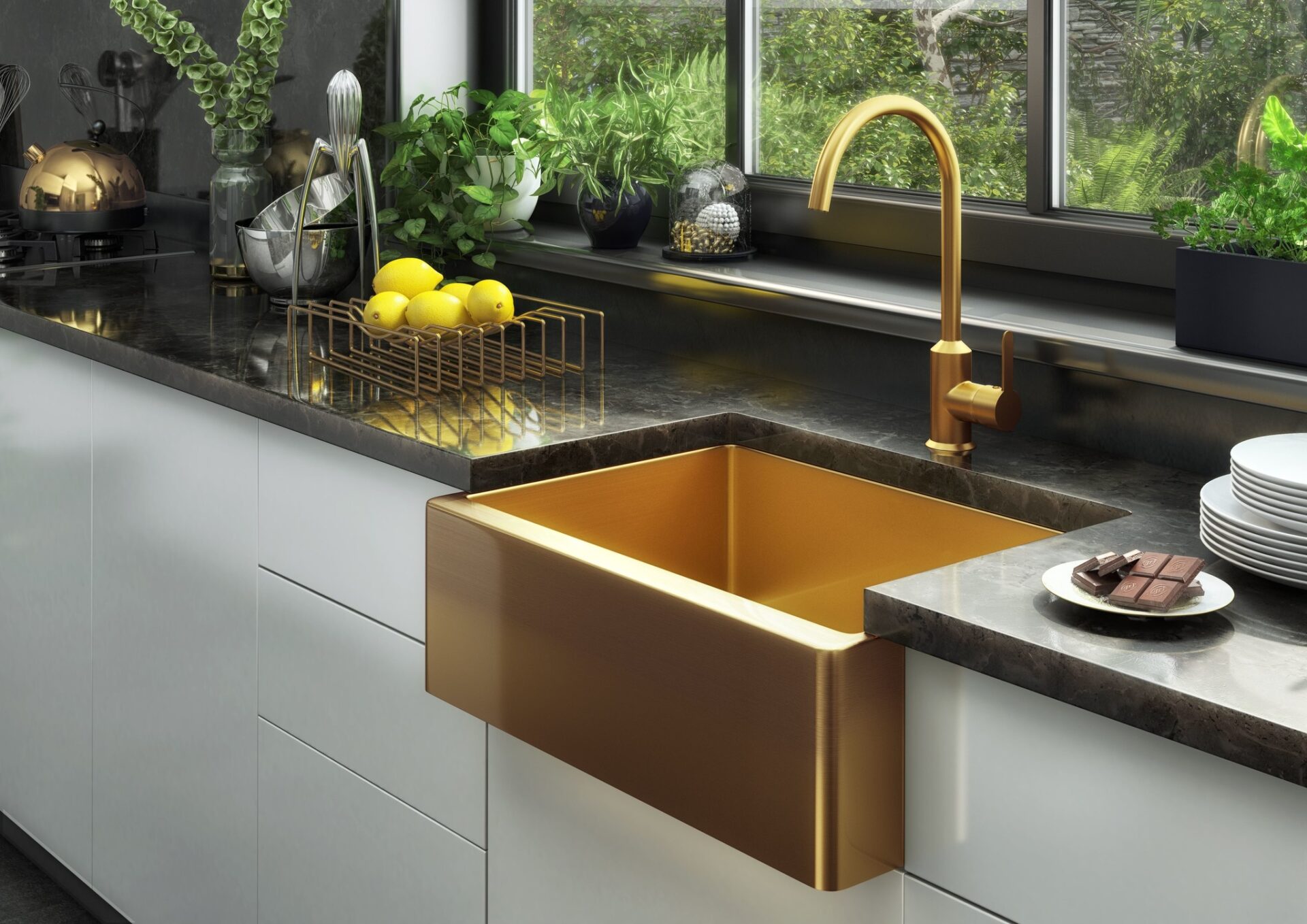


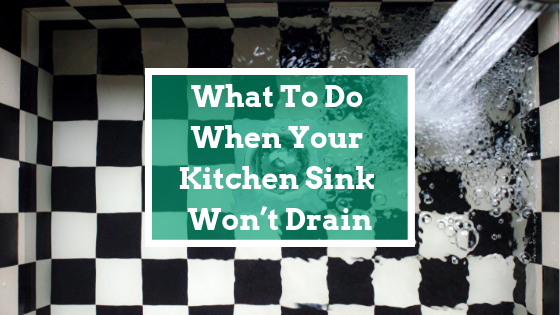



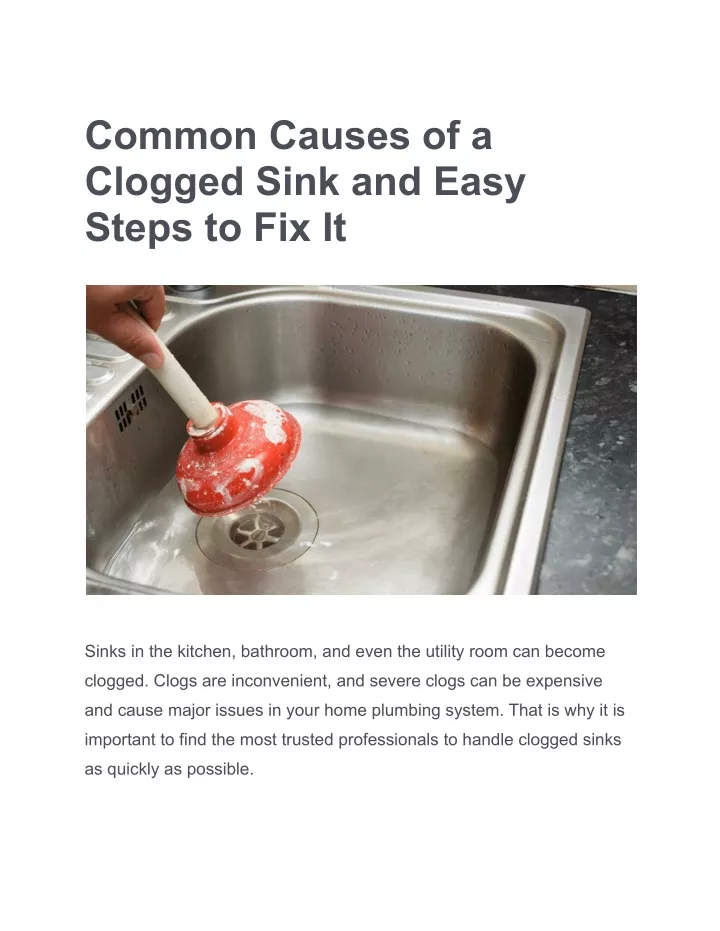



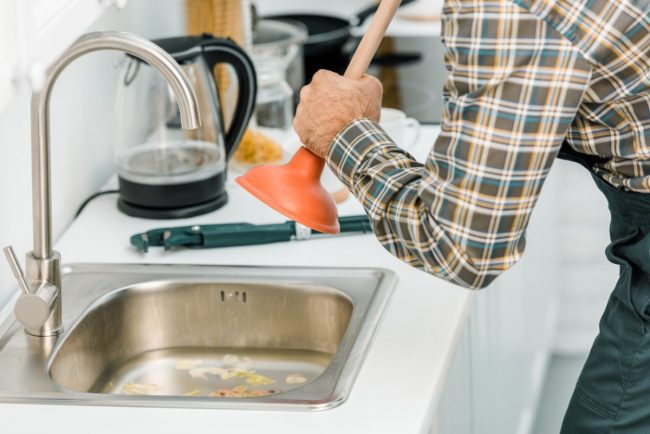
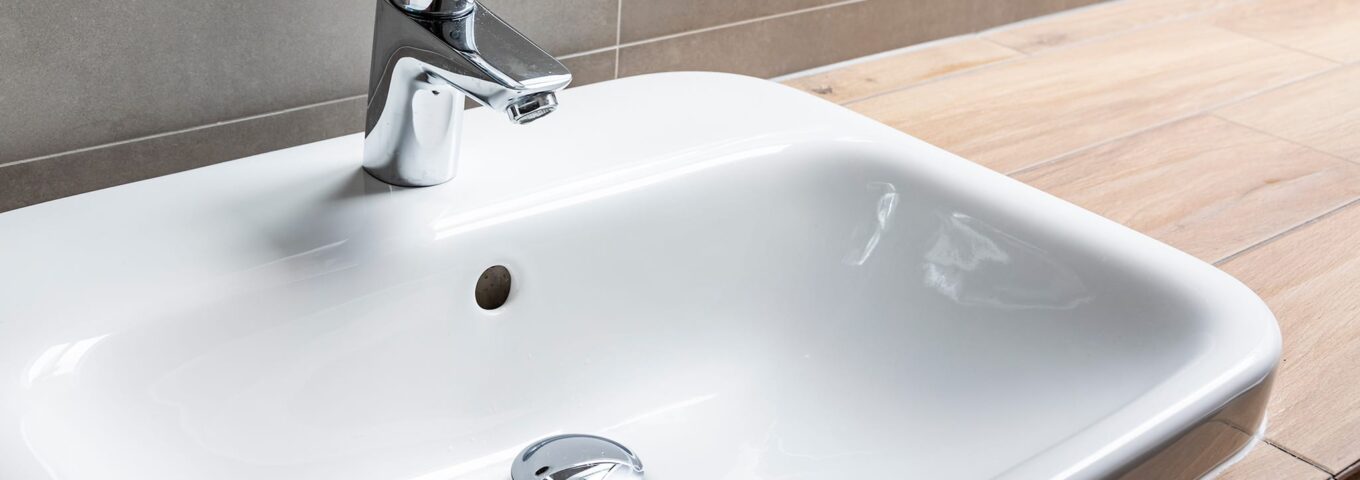


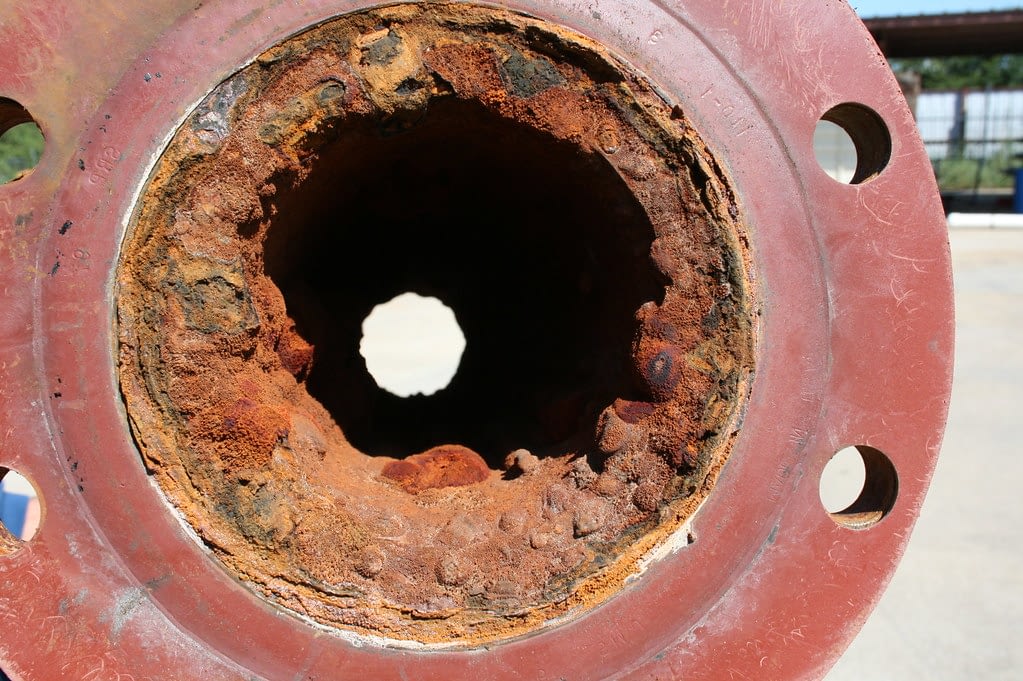









:max_bytes(150000):strip_icc()/freshen-and-unclog-drain-with-baking-soda-1900466-22-bbf940b70afa4d5abef0c54da23b1d3f.jpg)










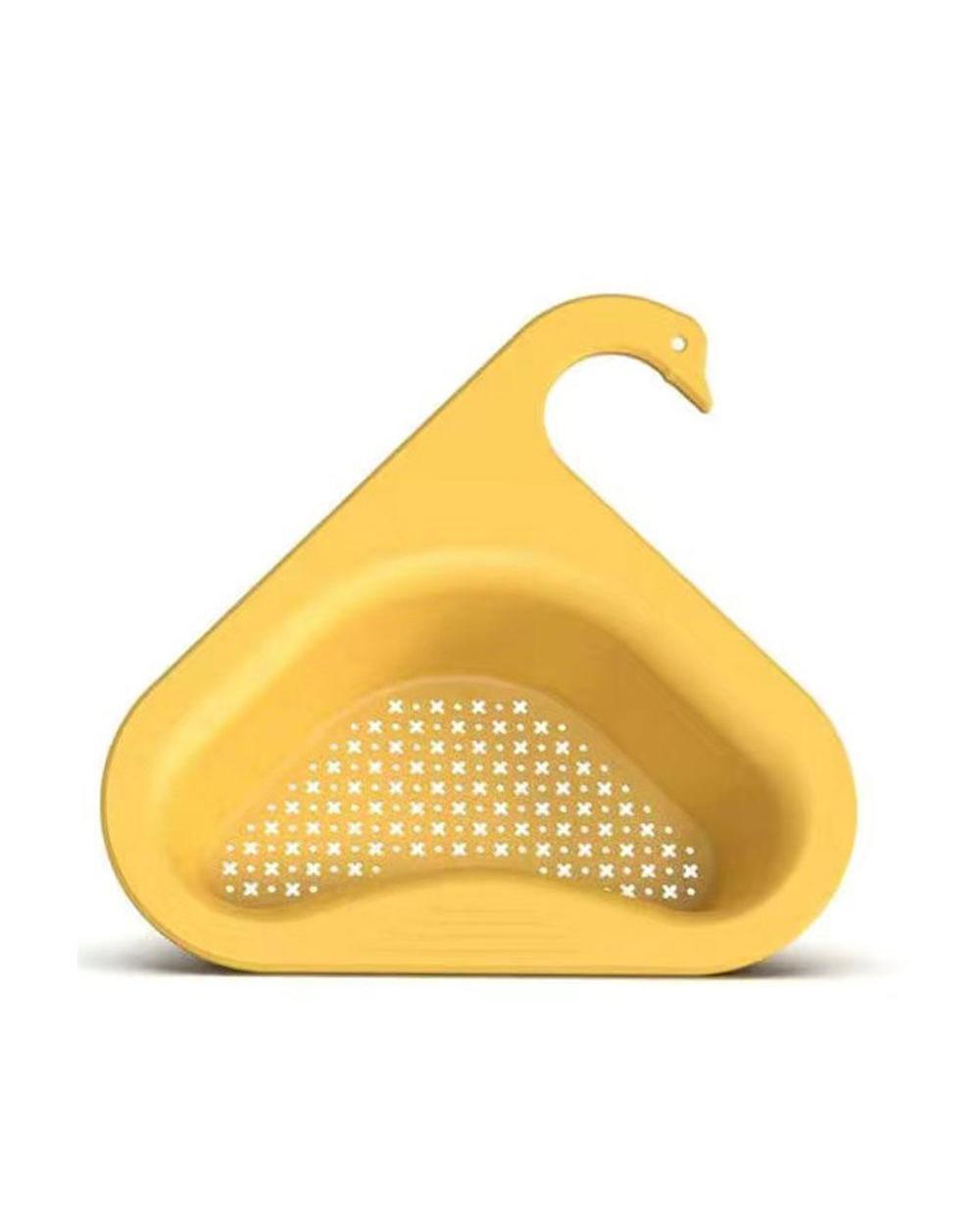


:strip_icc()/how-to-clean-a-kitchen-sink-and-drain-01-5660035-a1d8afe3894346f9a579e66c55e64b7d.jpg)


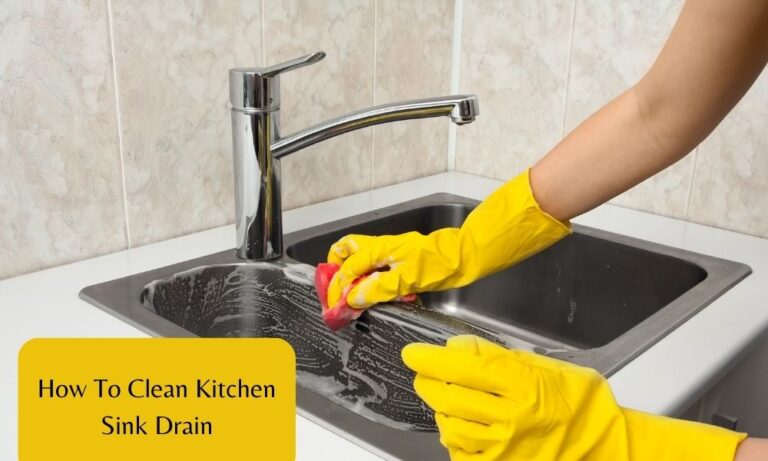
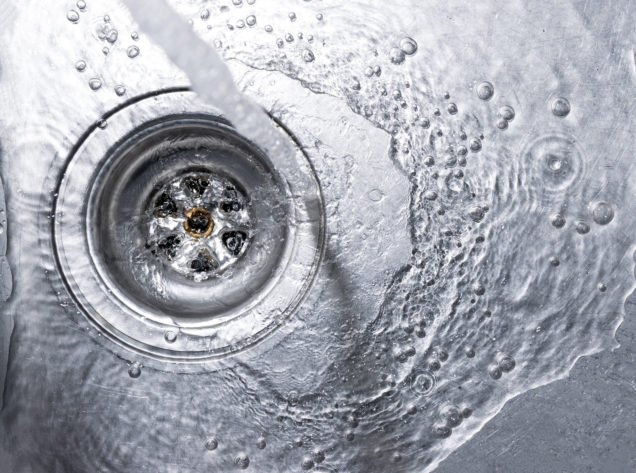

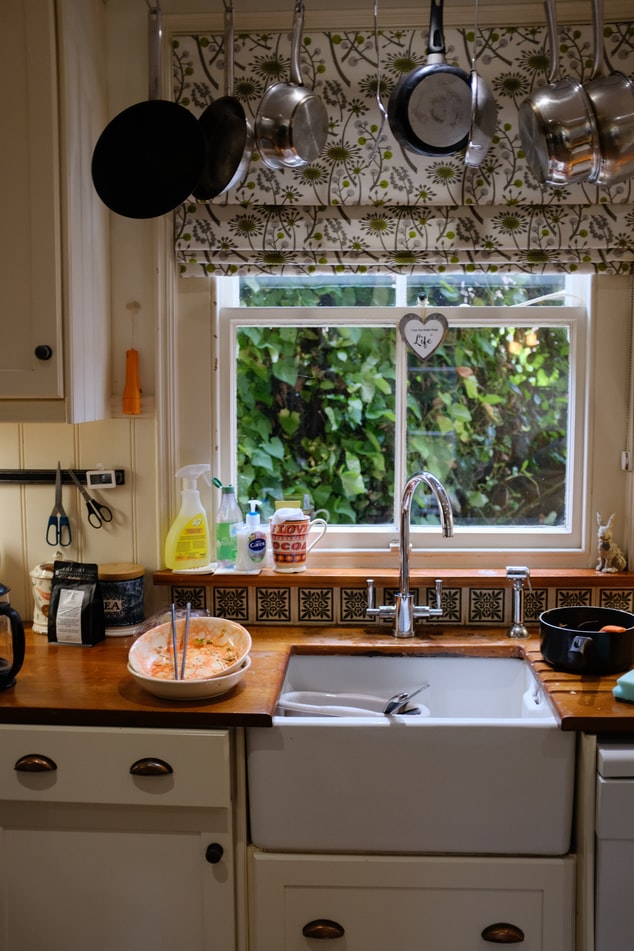

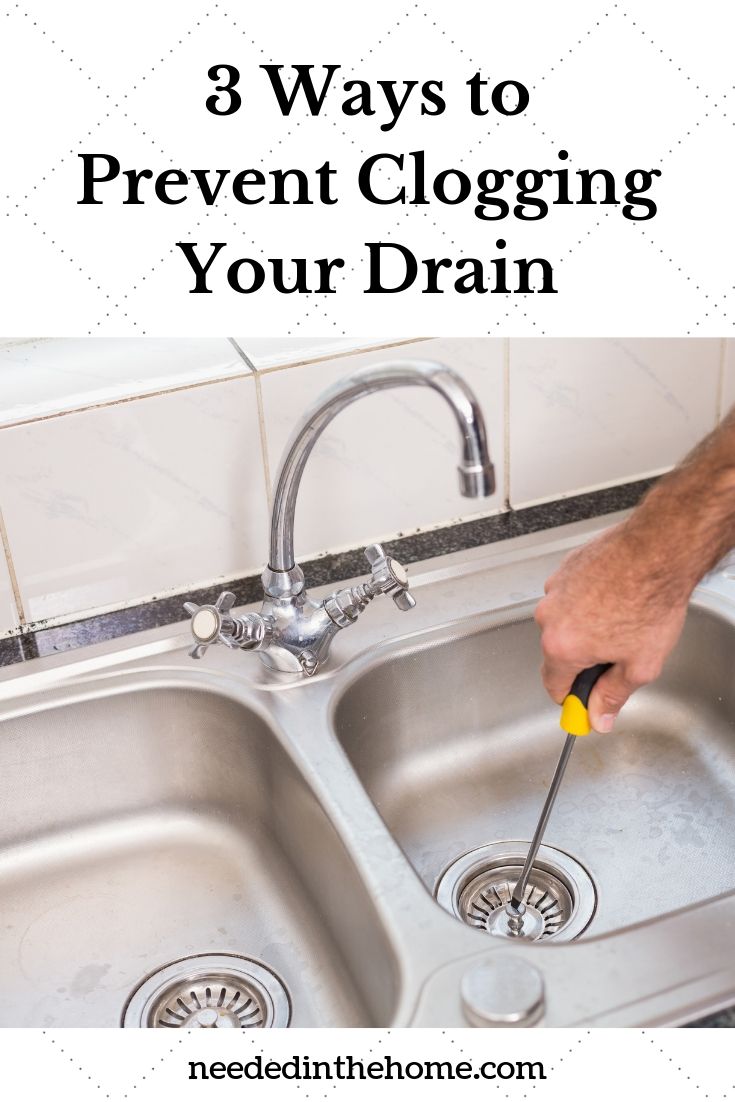
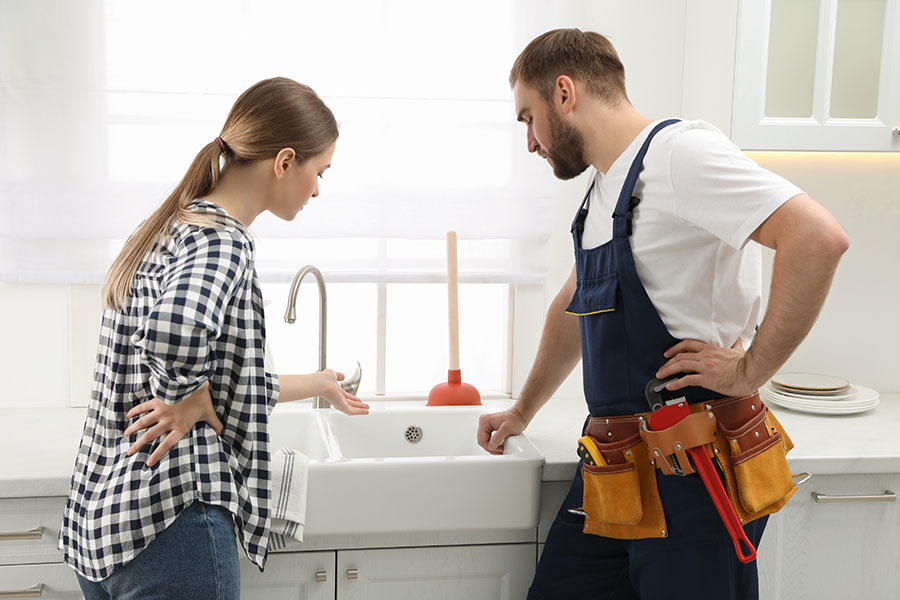

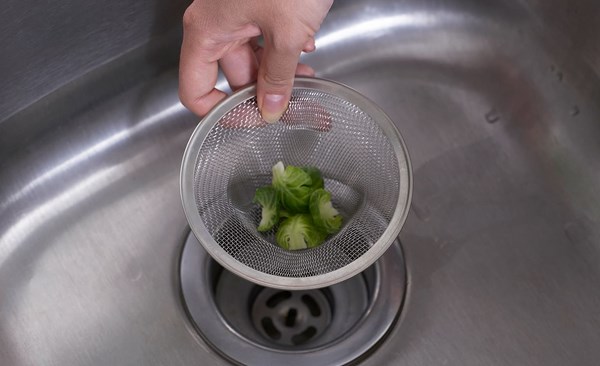

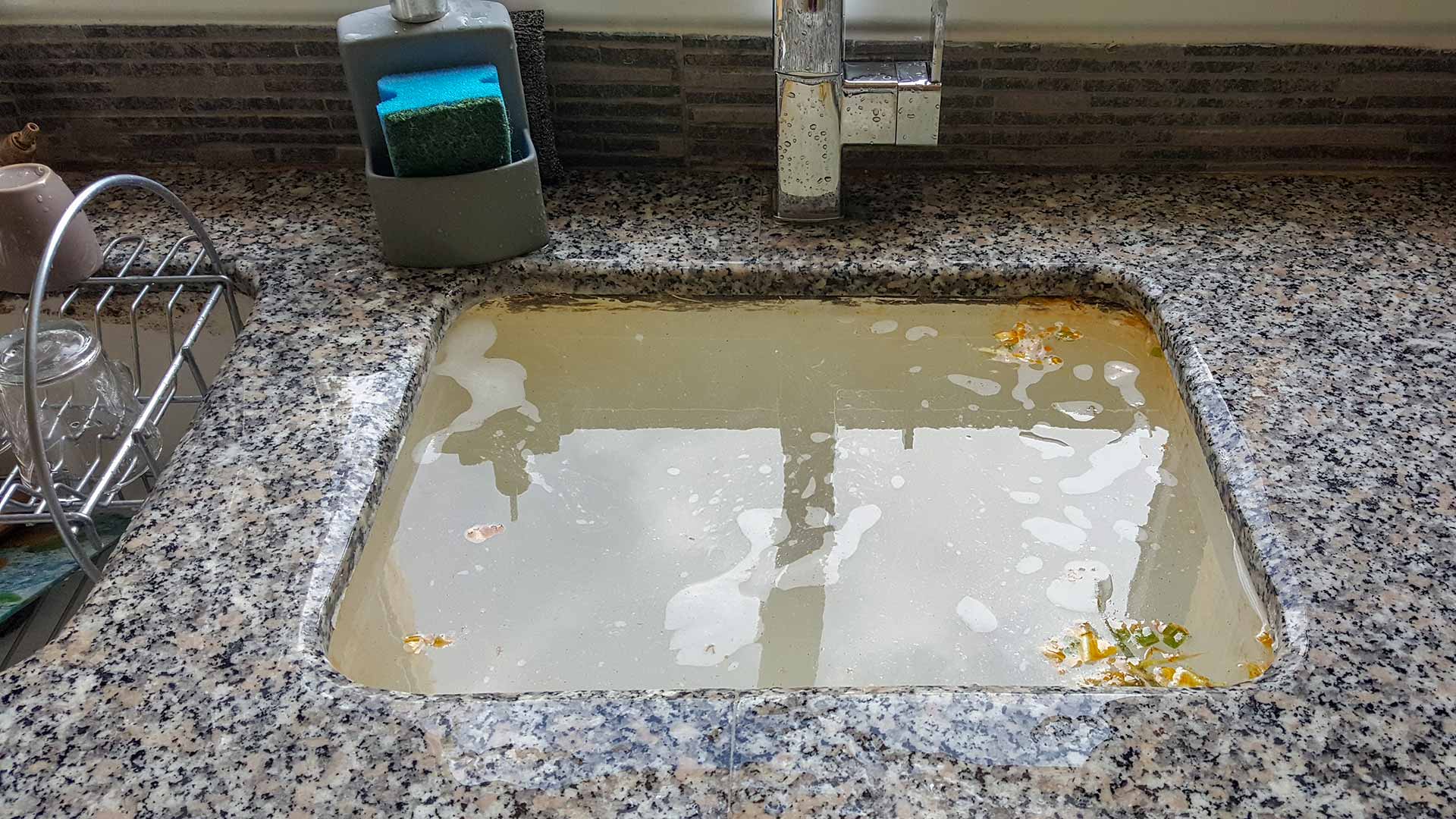
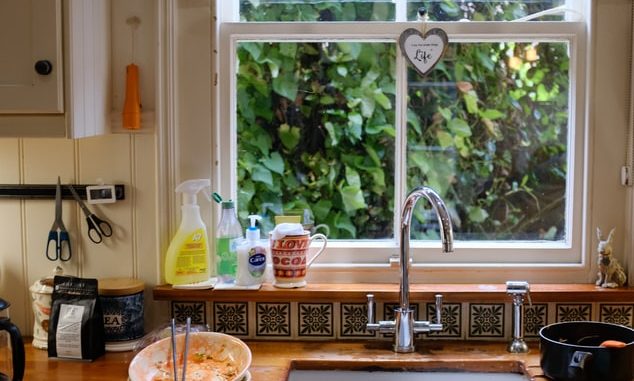

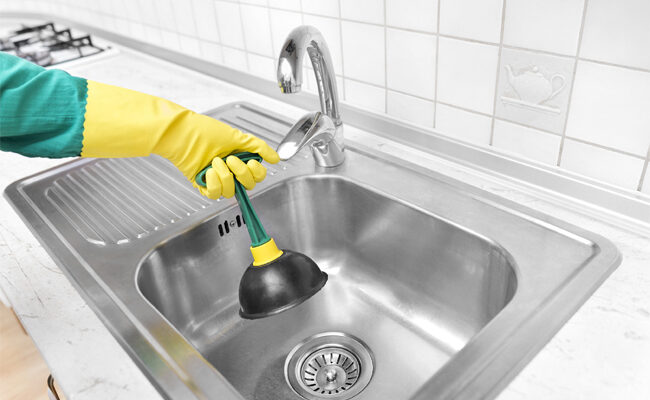
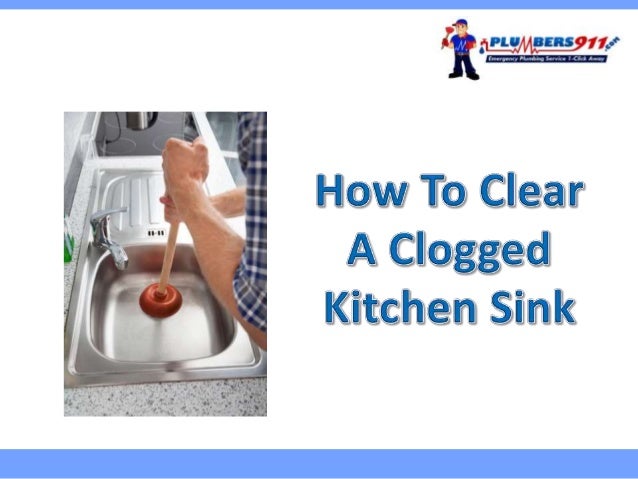
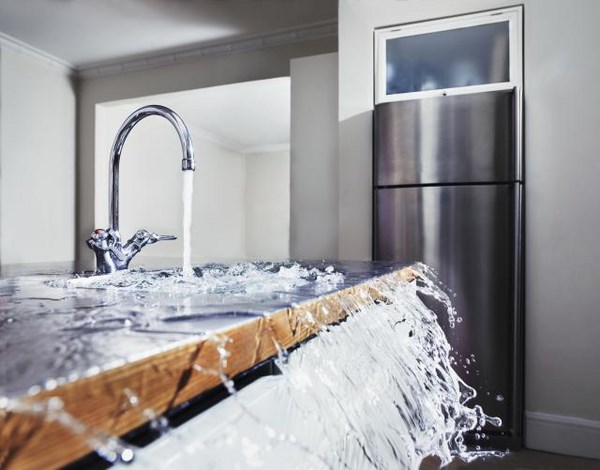
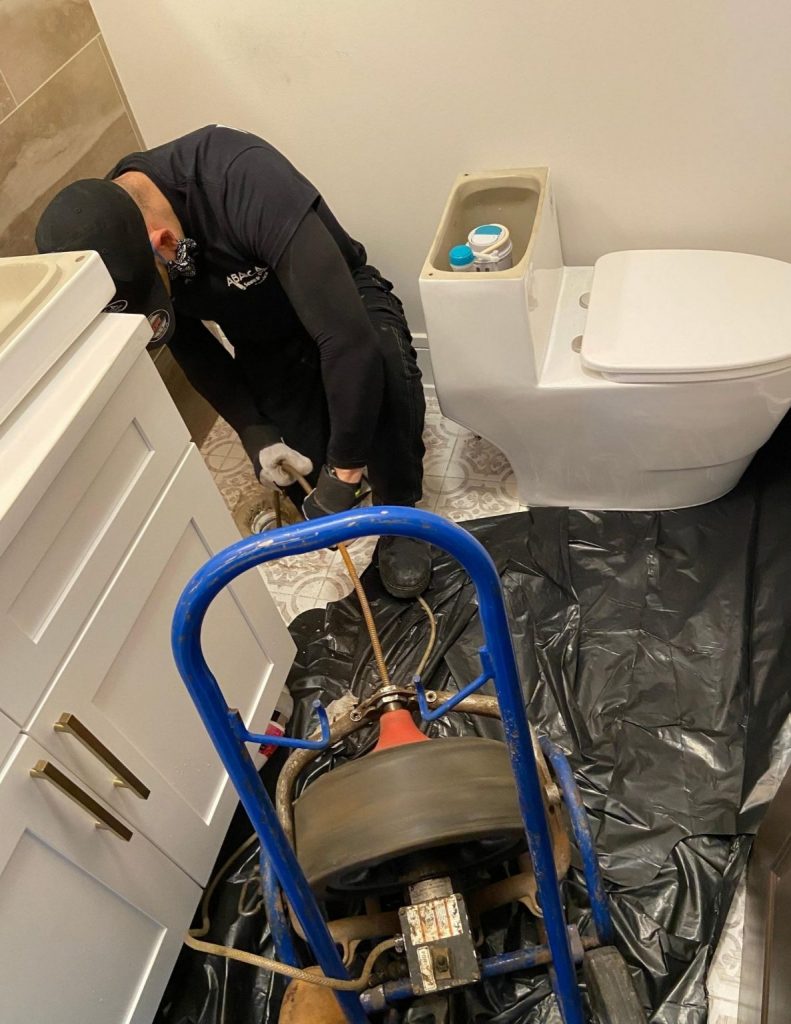
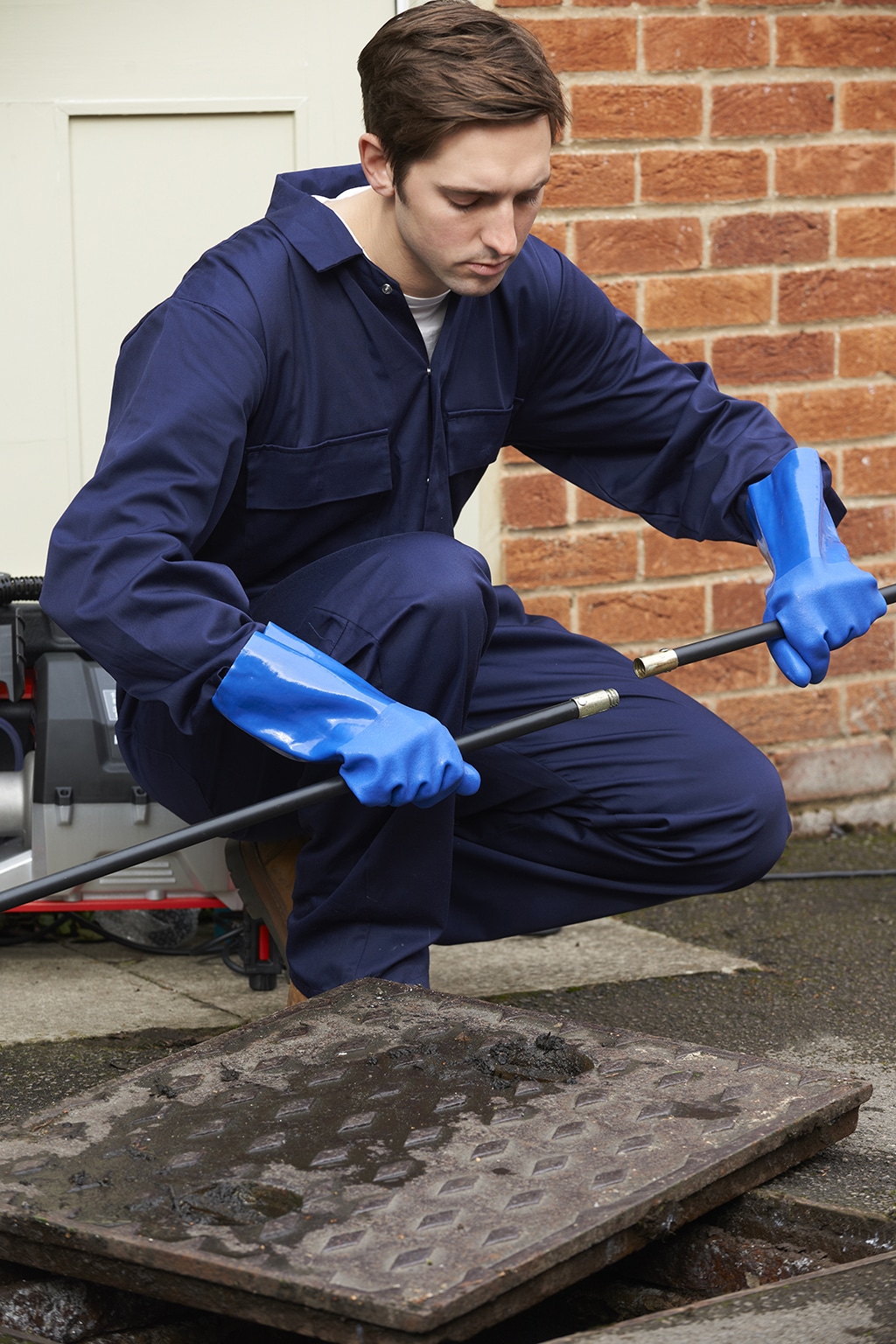

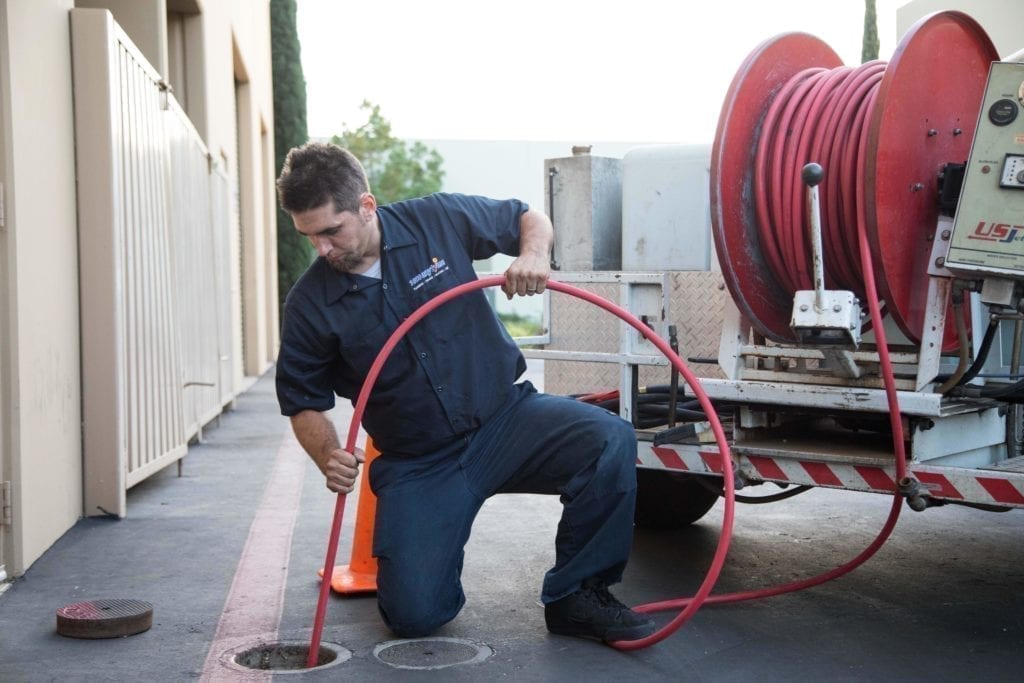
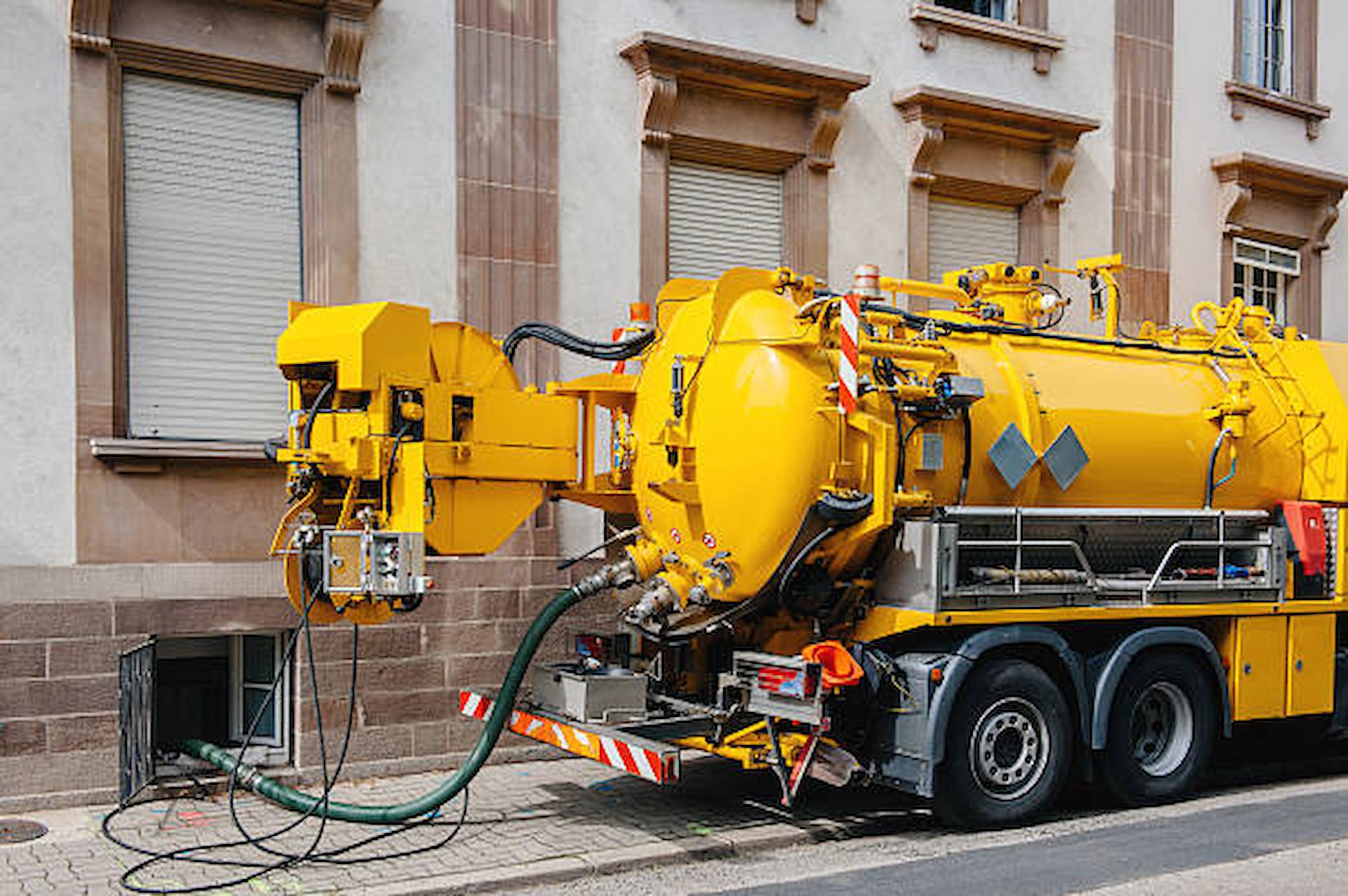




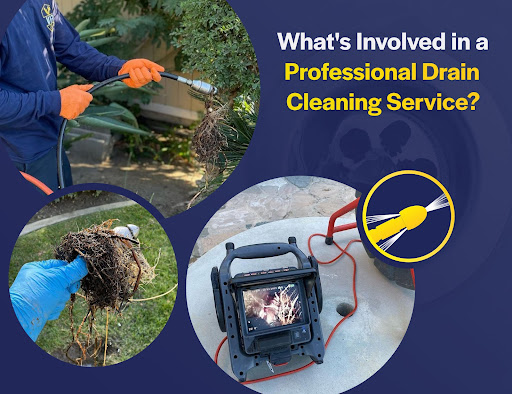

:max_bytes(150000):strip_icc()/BestDrainCleaningServices_edit-a4558e7bcba34b0781f69b27f6eb98fc.jpg)





